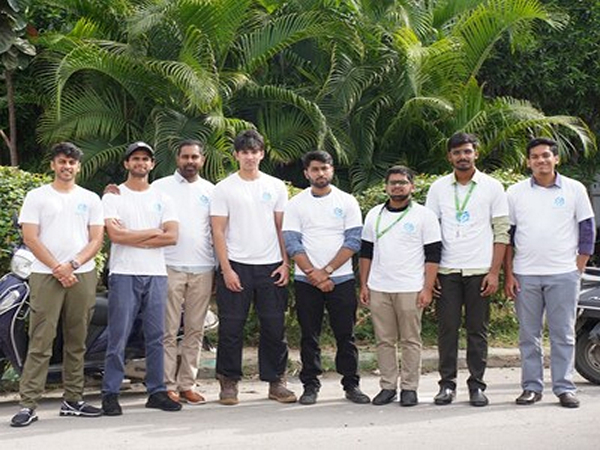New Delhi [India], September 4 (ANI): Global investment bank Morgan Stanley notes that the rationalisation of the Goods and Services Tax (GST) structure, approved by the GST Council, is expected to significantly boost consumption in the coming months, coinciding with the onset of the festive season.
In its latest research report, the firm highlighted that the shift from the existing four-tier GST rate system to a simplified two-rate structure of a standard rate of 18 per cent and a merit rate of 5 per cent, will make a range of goods and services more affordable for consumers. A special demerit rate of 40 per cent will continue for a select few items such as tobacco products and luxury goods.
“We expect the improved affordability to give a fillip to consumption, especially as the new GST tax structure is effective from the start of the festive season,” the report said, adding that the indirect tax reduction would help lift demand in a broad-based manner, particularly benefiting low-income households.
The new GST rates are set to come into effect from September 22, in line with Prime Minister Narendra Modi’s announcement during his Independence Day address about next-generation GST reforms aimed at simplifying the tax regime and benefiting consumers.
According to Morgan Stanley, the government estimates the net fiscal impact of this rationalisation at Rs 48,000 crore, or about 0.13 per cent of GDP, after factoring in revenue foregone of Rs 93,000 crore and gains of Rs 45,000 crore from the new 40 per cent slab.
The rationalisation of rates gives benefit to a wide range of daily essentials, healthcare items, and consumer durables. For instance, GST on personal care products like hair oil, shampoo, toothpaste, and shaving cream has been reduced from 18 per cent to 5 per cent, while dairy products such as butter and ghee will now attract 5 per cent GST instead of earlier 12 per cent. Individual Health insurance and life insurance premiums have now been exempted from GST altogether.
In the auto sector, small cars, two-wheelers (below 350cc), and three-wheelers will now attract 18 per cent GST instead of the previous 28 per cent, while air conditioners and large television sets have also seen their rates slashed from 28 per cent to 18 per cent.
Morgan Stanley believes these measures may also have a marginal impact on inflation. “Headline CPI could see a downside of 20-30 basis points in FY26, aided by lower retail prices across categories, which will also help soften core inflation,” the report noted.
The report added that improved consumption would eventually lead to higher tax buoyancy, helping offset the short-term revenue loss to the exchequer. The firm retained its GDP growth forecast at 6.7 per cent for FY26 and expects one more repo rate cut by the Reserve Bank of India later this year. (ANI)
Disclaimer: This story is auto-generated from a syndicated feed of ANI; only the image & headline may have been reworked by News Services Division of World News Network Inc Ltd and Palghar News and Pune News and World News
HINDI, MARATHI, GUJARATI, TAMIL, TELUGU, BENGALI, KANNADA, ORIYA, PUNJABI, URDU, MALAYALAM
For more details and packages
















